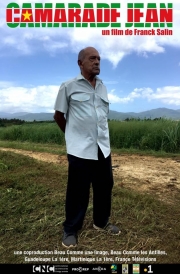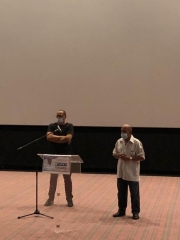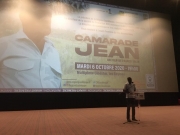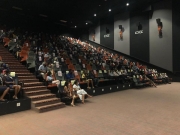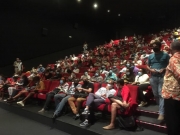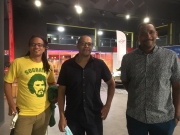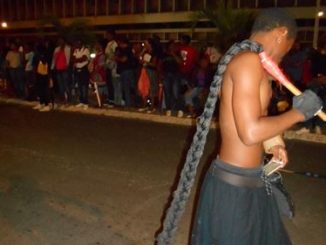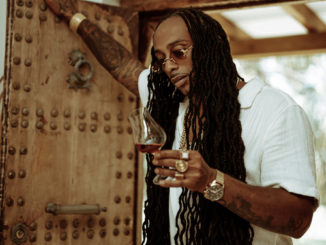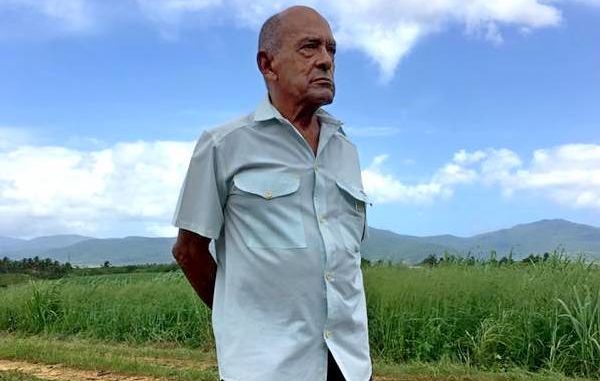
“Camarade Jean”, the new film by Guadeloupean director, journalist and writer from Guadeloupe, Franck Salin, has just been released. It follows the struggle for the independence of Guadeloupe between the 1960s and 1980s through Louis Théodore’s life (81), a fighter nicknamed “Camarade Jean” who crossed the path of several great revolutionaries among them Mao Zédong and Che Guevara. The author shares his impressions with us after the first screenings of the 66mn feature film in Creole and French which took place in Guadeloupe, Martinique and French Guiana.
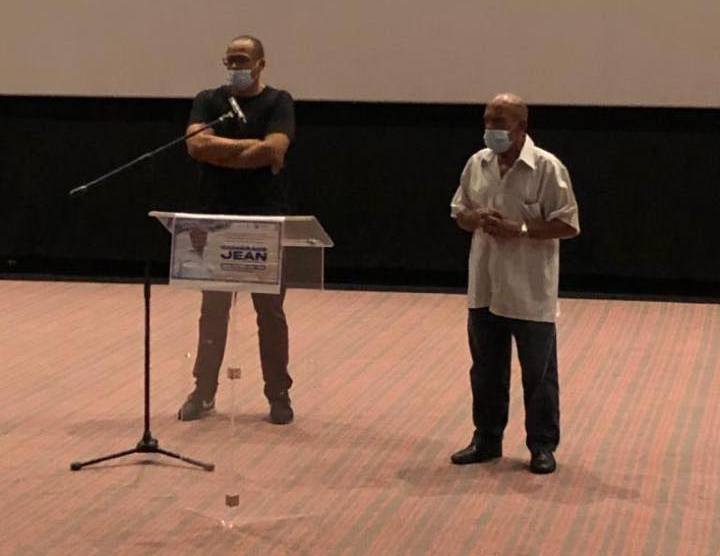
Kariculture.net : Why did you choose to make this documentary on Louis Théodore, nicknamed “Camarade Jean”?
Franck Salin : I made “Camarade Jean” to tell an important page in Guadeloupean history before its main protagonists were no longer there to testify. Louis Théodore, 81, is one of the founders of the Guadeloupean independence movement that he launched in the early 1960s with the GONG (Groupe d’organisation nationale de la Guadeloupe). Then, with his fellow fighters, they created in the 1970s: UTA (Union des Travailleurs Agricoles), UPG (Union des Producteurs Agricoles), UGTG (Union Générale des Travailleurs Guadeloupéens), UPLG (Union Populaire pour la Libération de la Guadeloupe), trade unions and a party that set the tempo for the political and social life of the island until the late 1980s. And almost 50 years after its creation, UGTG is the main trade union in Guadeloupe.
Kariculture.net : Many people in Guadeloupe know Louis Théodore as a farmer but many were also unaware of his revolutionary career. Did he agree to leave this testimony or did you have to persuade him to make this film?
F. S. : Louis Théodore is one of the “éminences grises” of the nationalist movement. But he never liked to be under the media spotlight. So I took the time to explain the project to him. After discussions, he was convinced and agreed to participate. Probably because he knows that it is urgent to pass on this story to the new generations.
Kariculture.net : Even if separatists are better accepted today than they were a few years ago – for example, the media spoke at length about the death of an independence fighter, Humbert Marboeuf, when a few years ago this subject would have been ignored – weren’t you afraid that the portrait of Louis Theodore would not interest the spectators? What is the public reaction after these first screenings?
F. S. : There was real enthusiasm around the film, especially among the under-50s, those who were not born or too young to take part in the events that occurred between the 60s and 80s. I knew that my documentary would interest them because the question of the status of Guadeloupe and its (complicated) relations with France arises for them today, as it did for previous generations. However, I did not expect the film to provoke so many reflections and exchanges. I am very pleased about this.
Kariculture.net: How did your financial partners react when you proposed this documentary project on this figure who is both known and unknown?
F. S. : The first challenge for the author of a documentary and its production is to convince a channel to broadcast the project. Once you have a broadcaster, finding additional financing is not insurmountable. So, as soon as I got the broadcasting agreement from Guadeloupe La 1ère and its editorial director Eddy Nédelkovski, I knew I would make this film.
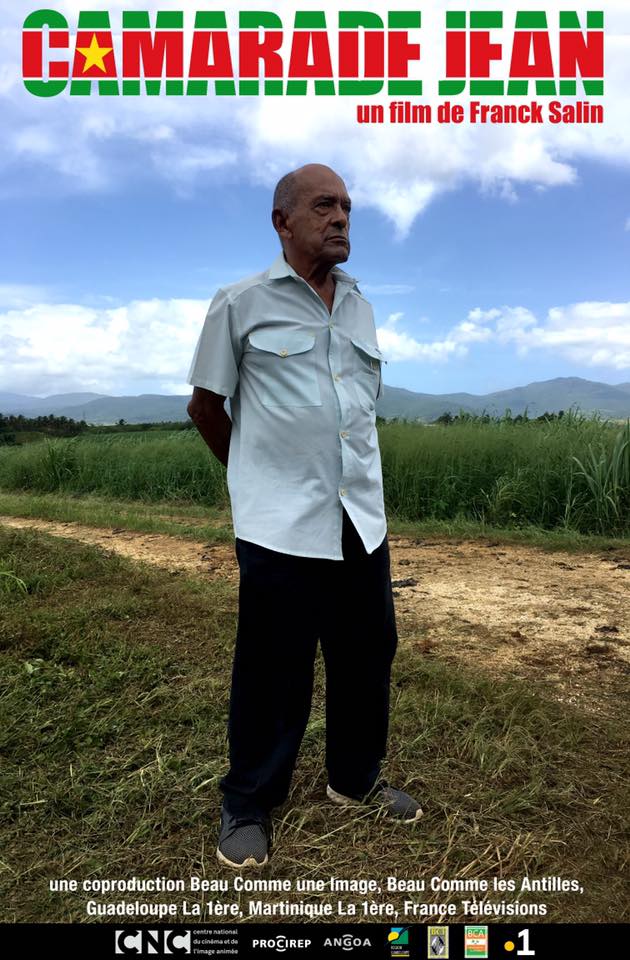
Kariculture.net : Last week was held the referendum for the independence of New Caledonia, a French territory, during lockdown due to the global Covid-19 epidemic, many people in Guadeloupe or elsewhere chose to eat local products, do you think that the subject of independence, whether it is political, food or cultural, is a topical subject?
F. S. : The question of independence and/or autonomy remains topical in all the former French colonies that became territories or departments. Especially since young people from these places are increasingly educated and do not understand why they would be “eternal subordinates”, condemned to carry out the orders of Paris or go into exile. The thirst for justice and change remains. But the social projects are lacking…
Kariculture.net : When did you start this film? Has the health crisis into which the planet has been plunged for 9 months now had any consequences on the shooting?
F. S. : When the Covid crisis and lockdown began the film was already edited. I was in the middle of the colour grading process. I had to wait until June to resume the operation and deliver the film.
Kariculture.net : You have already made several documentaries, is there an audience interested in this kind of films? What age groups attend the screenings?
F. S. : My films are seen by spectators of all ages. As they generally focus on the Caribbean and Africa, a lot of people who watch them come from these parts of the world. But not only.
Kariculture.net : Do you already have any ideas of the subject of your next film?
F. S. : I have several plans in mind. I’m in the thinking and writing phase.
Photos Franck Salin Facebook Page

